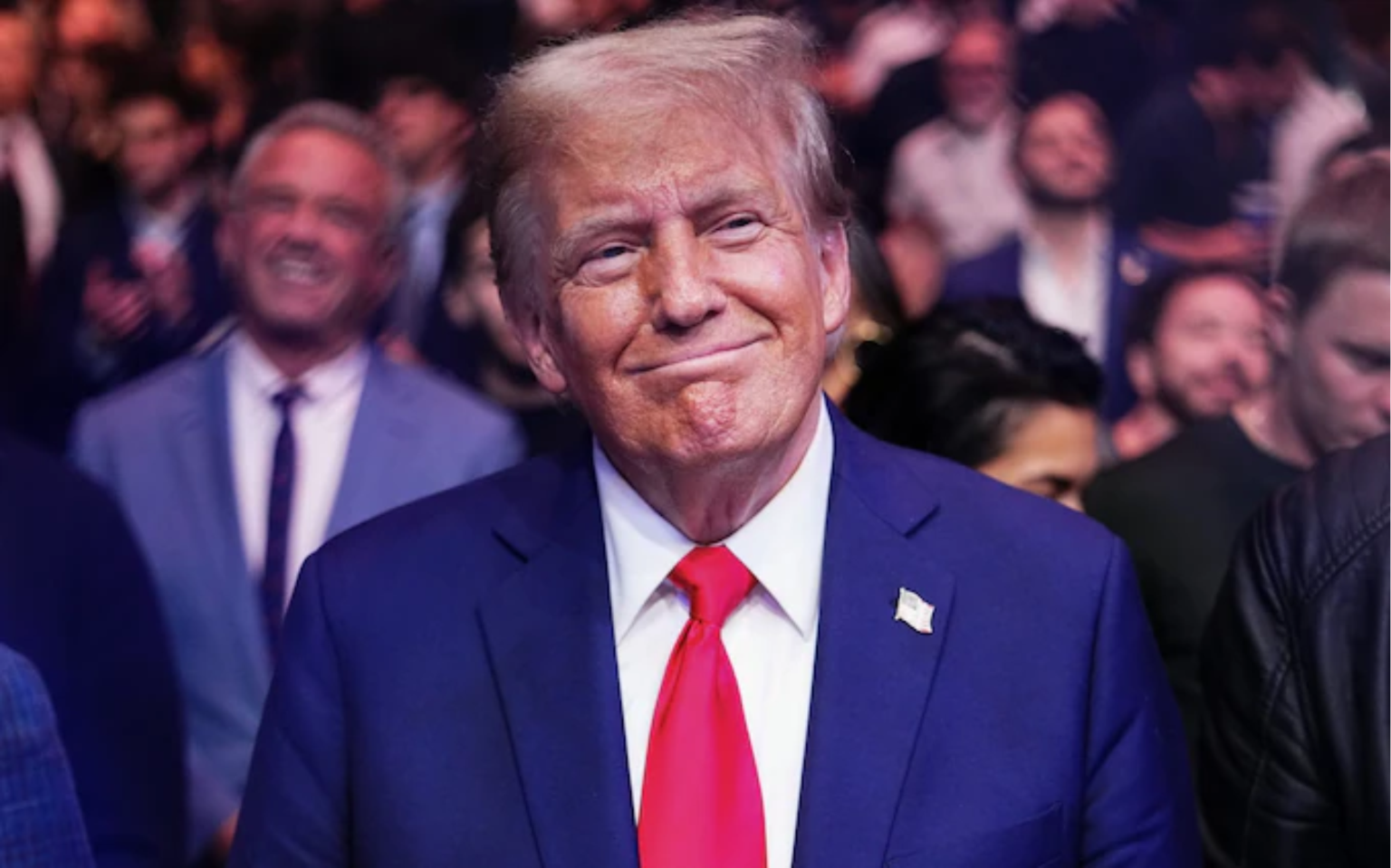The United States of America President Donald Trump on Monday announced a 25% tariff on imports from Japan and South Korea, citing imbalanced trade relationships with both countries.
The decision was disclosed in official letters sent to the respective governments as part of a broader trade push by the White House.
In the nearly identical letters, he stated that the new tariffs would take effect on August 1, arguing that current trade arrangements were “far from reciprocal.” He warned of further punitive measures if either country retaliated.
The announcement follows the U.S. president’s earlier pledge to send notifications to up to 15 nations about reinstating duties that had previously been suspended. Back in April, Trump had dubbed April 2 “Liberation Day” when he first revealed sweeping tariffs, claiming the U.S. was being unfairly treated in global trade. Although he paused those tariffs for 90 days, that grace period is now nearing expiration.
Trump left the door open for talks
Despite the aggressive stance, Trump left the door open for talks. In the letters, he said the tariffs could be adjusted downward if Japan and South Korea revised their trade policies.
Japan’s Prime Minister, Shigeru Ishiba, responded on Sunday, saying he “won’t easily compromise” in negotiations with the U.S.
Although the Trump administration once boasted about pursuing “90 deals in 90 days,” progress has been slower than anticipated. So far, only trade agreements with the United Kingdom and Vietnam have been confirmed, while a temporary tariff truce with China remains in place until mid-August.
Treasury Secretary Scott Bessent hinted at more deals coming soon. “We are going to have several announcements in the next 48 hours,” he told CNBC, adding that he’d received “a lot of new offers, a lot of new proposals” overnight.
Asked whether Trump might officially push back the tariff reimplementation date, the White House offered no immediate clarification. However, Bessent noted the letters serve as a final warning: countries can renegotiate terms or face the new levies.
Bessent also revealed plans to meet with his Chinese counterpart in the coming weeks. Previous rounds of negotiations have already taken place in Geneva and London.
Despite modest results, Trump’s trade adviser Peter Navarro insisted the administration is satisfied with current progress. “Every country that we run a major deficit with is fully engaged,” Navarro said on Monday
In a separate development, Trump threatened to impose another 10% tariff on nations aligning themselves with BRICS (Brazil, Russia, India, China, and South Africa), accusing the bloc of promoting “anti-American policies.” The warning came after the BRICS group condemned Trump’s trade measures at a recent summit.
With the August deadline fast approaching, Washington’s trading partners are scrambling to avert further escalation. According to the European Commission, Commission President Ursula von der Leyen had a “good exchange” with Trump on trade during a Sunday call, indicating that negotiations remain ongoing.



